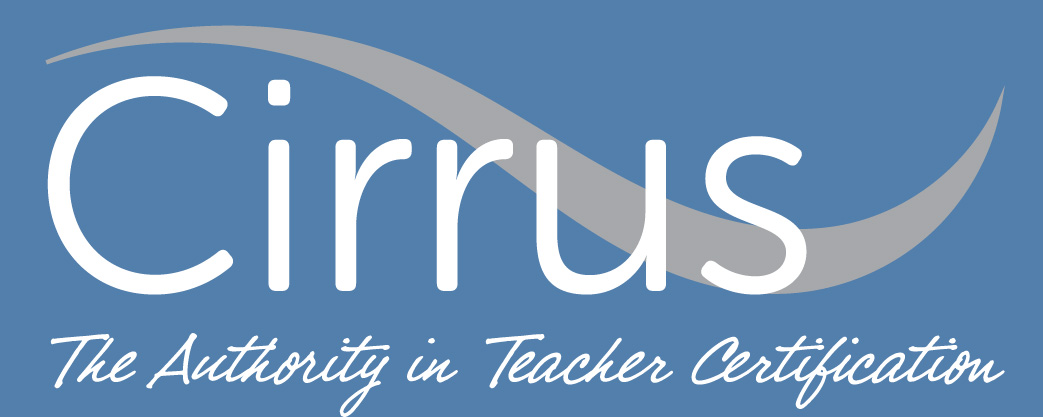MTEL Biology (13) Study Guide
What comes with Cirrus Test Prep’s MTEL Biology Study Guide?
You probably think this is a typical study guide. However, Cirrus Test Prep’s unofficial MTEL Biology (13) Study Guide: Exam Prep and Practice Test Questions for the Massachusetts Tests for Educator Licensure isn't like other study guides. Because we know you value your time, our unofficial study guide includes a quick yet full review of everything on the test with real examples, graphics, and information. Cirrus Test Prep’s NEW MTEL Biology (13) Study Guide gives you the edge you need to score higher and pass the first time.
Best of all, Cirrus Test Prep’s MTEL Biology (13) Study Guide offers you:
A full review of what you need to know for the MTEL exam
MTEL practice questions for you to practice and improve and worked through practice problems with explanations
Test tips and strategies to help you score higher
Real world examples
Our MTEL prep book covers all the material that will be on your exam, including:
Animals
Plants
Ecology
The Nature of Science
Molecular and Cellular Biology
Genetics and Evolution
Biological Classification
… and also comes with two FULL MTEL practice tests, so that you will be ready on test day.
But before you buy MTEL Biology (13) Study Guide, you may find yourself wondering, what is the MTEL? What is on the MTEL? How is the MTEL scored? How is the MTEL administered? We are the MTEL experts, and we are happy to answer all your questions below!
Some Frequently Asked Questions about the MTEL…
What is the MTEL?
The MTEL Biology test measures aptitude in biology for teacher candidates looking to certify as biology teachers. This test must be taken in addition to the assessments in reading, writing, mathematics, and professional knowledge required for all individuals seeking certification in Massachusetts. The MTEL Biology exam does not replace these other exams.
What is on the MTEL?
The MTEL tests on scientific processes, chemical aspects of biology as well as your understanding of cellular biology, all living things including plants, archaea, bacteria, protists, fungi, invertebrates, and vertebrates, human anatomy and physiology, including the location of bones, joints, and major organs, genetic processes, the relationships between living organisms and the environment and the role of those relationships in shaping specific ecosystems, and your ability to apply your knowledge and express it in a coherent and organized piece of writing.
How is the MTEL scored?
Each multiple-choice question is worth one raw point. The total number of questions you answer correctly is added up to obtain your raw score. Constructed responses are scored holistically by two separate graders who are unaware of each other’s evaluations of your work. If they differ substantially, to ensure fairness a third scorer determines your final essay score. This number is added to your raw score which is then converted to a scale of 100–300. Constructed responses are scored on a scale ranging from 1 to 4 on four criteria: purpose, subject matter knowledge, support, and rationale.
The multiple-choice section constitutes 80 percent of your score, and the constructed responses 20 percent. In order to pass the MTEL Biology test, you must receive a score of at least 240.
There will be some questions on the test that are not scored; however, you will not know which ones these are. MTEL uses these to test out new questions for future exams. There is no guess penalty on the MTEL, so you should always guess if you do not know the answer to a question.
How is the MTEL administered?
The MTEL: Biology test is a computer-based test offered in testing windows throughout the year at a range of universities and testing centers. Check the test’s website for more information. You will need to print your registration ticket from your online account and bring it, along with your identification, to the testing site on test day. No pens, pencils, erasers, printed or written materials, or electronic devices are allowed. A scientific calculator and relevant formulas will be provided on screen. You may not bring a calculator into the testing site. You also may not bring any kind of bag into the testing room or wear headwear (unless for religious purposes). You may take the test once every forty-five days.
Why should I use Cirrus Test Prep’s MTEL study material?
Developed by experienced current and former educators, Cirrus Test Prep’s study materials help future educators gain the skills and knowledge needed to successfully pass their state-level teacher certification exams and enter the classroom. Each Cirrus Test Prep study guide includes: a detailed summary of the test’s format, content, and scoring; an overview of the content knowledge required to pass the exam; worked-through sample questions with answers and explanations; full-length practice tests including answer explanations; and unique test-taking strategies with highlighted key concepts. Cirrus Test Prep’s study materials ensure that new educators feel prepared on test day and beyond.
Where can I buy MTEL Biology (13) Study Guide?
You can find MTEL Biology (13) Study Guide for purchase on Amazon and Barnes and Noble. Just click the link next to our book, the image of our book itself, or the links we provided in the sentence above!
Pearson Education, Inc. was not involved in the creation or production of this product, is not in any way affiliated with Cirrus Test Prep, and does not sponsor or endorse this product.


To help you prepare for your MTEL test, we have developed a list of 30 test-taking tips that have been shown to be very helpful for students of all ages and backgrounds when taking standardized tests. They cover everything. from what to do the night before the big day, to what to eat for breakfast, to thoughts on how to handle your caffeine to tips you can use during the actual exam.